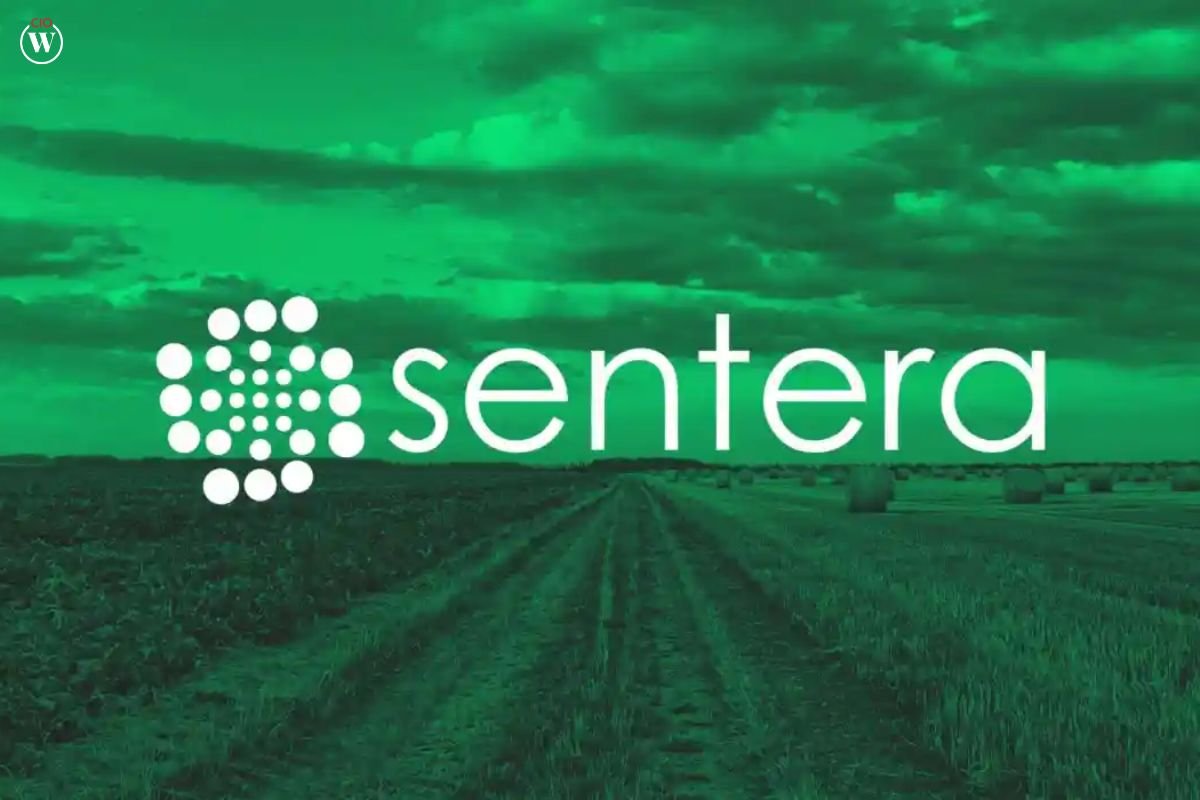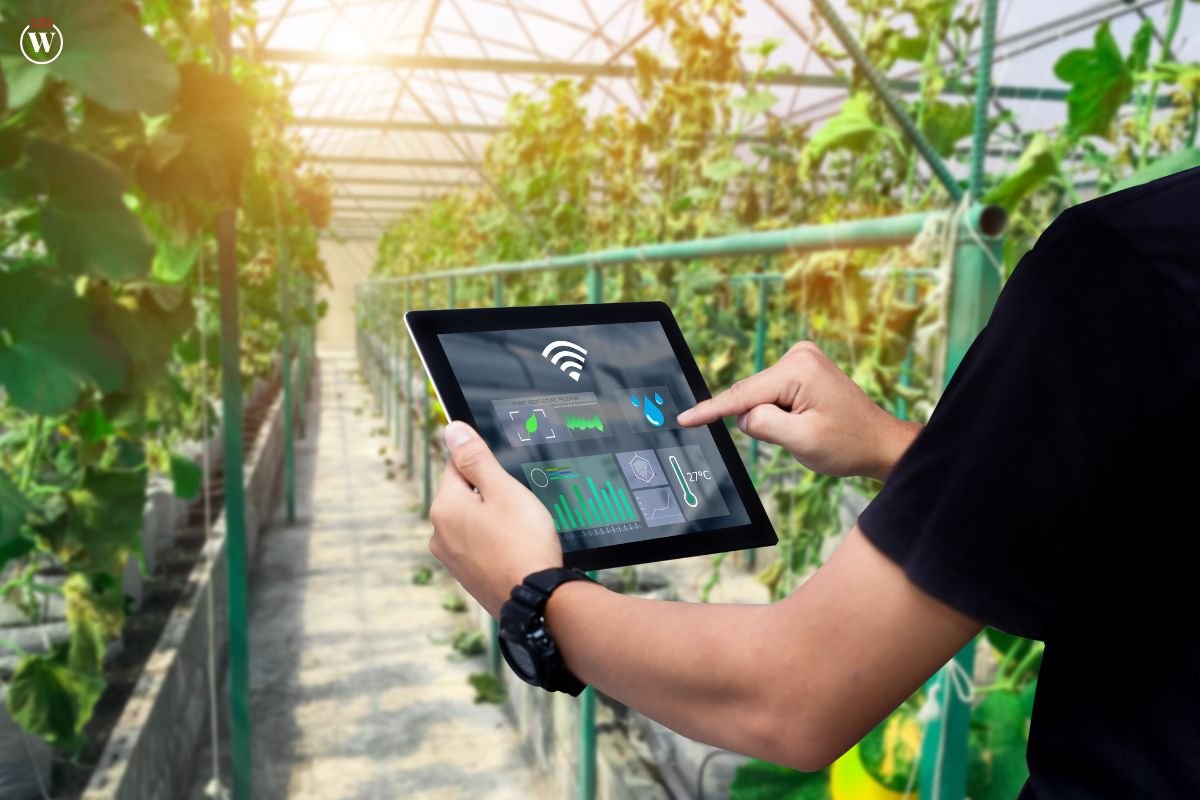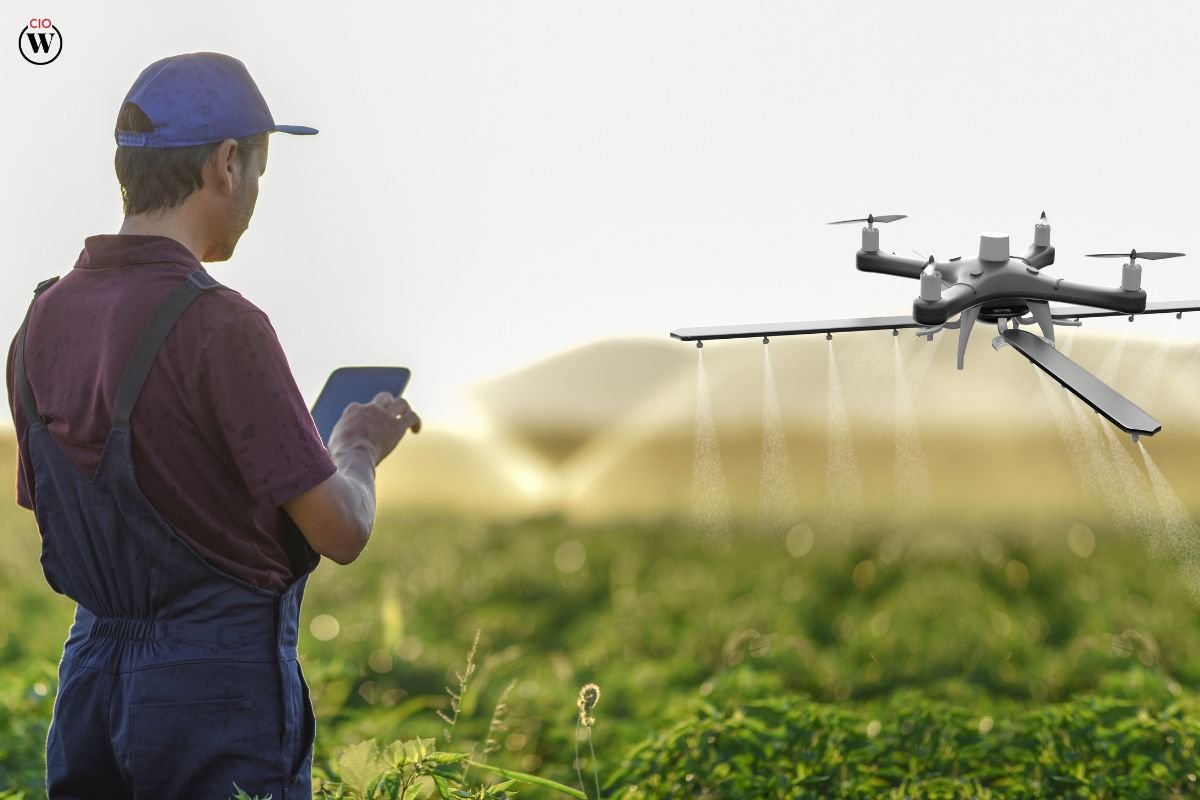As farming changes with new global challenges and technology, artificial intelligence (AI) is making a big impact. AI is transforming farming by improving how crops are managed, increasing precision, and boosting productivity. This article looks at the 10 best AI platforms for smart farming, highlighting their features, benefits, and how they help shape the future of agriculture.
Introduction to AI Platforms for Smart Farming
AI platforms for smart farming leverage advanced technologies to automate and enhance various agricultural processes. These platforms use data-driven insights and machine learning algorithms to address challenges such as resource management, pest control, and yield prediction. By integrating AI into farming practices, farmers can achieve greater efficiency, sustainability, and profitability.
Top AI Platforms for Smart Farming:
1. IBM Watson Decision Platform for Agriculture
IBM Watson Decision Platform for Agriculture is a leading AI platform for smart farming that combines AI, IoT, and blockchain to provide comprehensive solutions. It offers tools for predictive analytics, weather forecasting, and soil health monitoring. By analyzing data from various sources, including satellite imagery and sensor networks, this platform helps farmers make informed decisions, optimize resource usage, and improve crop yields. As a key example of AI platforms for smart farming, it showcases how advanced technology can enhance agricultural practices.
Key Features:
- Predictive analytics for weather and crop conditions
- Real-time data integration from IoT devices
- Blockchain technology for traceability and transparency
2. John Deere Operations Center
John Deere Operations Center is a robust AI platform for smart farming designed to streamline farm operations. It provides a centralized hub for managing equipment, field data, and crop performance. As one of the leading AI platforms for smart farming, it offers AI-driven insights to help farmers optimize planting, fertilization, and harvesting processes. With features like remote monitoring and data visualization, the John Deere Operations Center enhances operational efficiency and productivity.

Key Features:
- Equipment and field management integration
- AI-driven recommendations for crop management
- Remote monitoring and real-time data access
3. CropX
CropX is an innovative AI platform for smart farming focused on soil health and irrigation management. By utilizing soil sensors and machine learning algorithms, CropX provides precise recommendations for irrigation, fertilization, and soil treatment. The platform’s data-driven approach helps farmers conserve water, reduce input costs, and enhance crop growth.
Key Features:
- Soil moisture and nutrient monitoring
- AI-powered irrigation and fertilization recommendations
- Data analytics for optimizing soil health
4. Taranis
Taranis is a leading AI platform for smart farming that specializes in crop monitoring and pest detection. As one of the top AI platforms for smart farming, it uses high-resolution aerial imagery and computer vision to identify potential issues such as pest infestations, diseases, and nutrient deficiencies. The platform’s AI algorithms analyze visual data to provide actionable insights, enabling farmers to take timely and targeted actions.
Key Features:
- Aerial imagery and computer vision technology
- Pest and disease detection
- Detailed crop health insights and recommendations
5. Ag Leader Technology
Ag Leader Technology offers a comprehensive AI platform for smart farming that focuses on precision agriculture and data management. The platform provides tools for variable rate application, field mapping, and yield analysis. By leveraging AI and machine learning, Ag Leader Technology helps farmers optimize inputs, improve efficiency, and maximize yields.
Key Features:
- Precision agriculture and variable rate application
- Field mapping and data analysis
- AI-driven insights for yield optimization
6. Blue River Technology
Blue River Technology, a subsidiary of John Deere, is known for its innovative AI platforms for smart farming that emphasize precision weeding and crop management. The platform uses computer vision and machine learning to identify and target weeds, reducing the need for herbicides. By applying AI-driven solutions, Blue River Technology helps farmers minimize chemical usage and enhance crop health.
Key Features:
- Precision weeding with computer vision
- AI-powered weed identification and targeting
- Reduction in herbicide use and environmental impact
7. Sentera
Sentera offers an advanced AI platform for smart farming that focuses on crop health monitoring and data analysis. The platform utilizes drones and satellite imagery to capture high-resolution images of crops, which are then analyzed using AI algorithms. Sentera provides insights into plant health, growth patterns, and yield potential, helping farmers make data-driven decisions.

Key Features:
- Drone and satellite imagery for crop monitoring
- AI-driven analysis of plant health and growth
- Yield prediction and optimization
8. Trace Genomics
Trace Genomics is an AI platform for smart farming that specializes in soil health and microbiome analysis. By using DNA sequencing and machine learning, the platform provides insights into soil microbial communities and their impact on crop performance. Trace Genomics helps farmers understand soil health at a deeper level and implement targeted interventions for improved yields.
Key Features:
- Soil microbiome analysis using DNA sequencing
- AI-driven insights into soil health and fertility
- Recommendations for soil management and crop performance
9. Aker Technologies
Aker Technologies offers a cutting-edge AI platform for smart farming focused on precision irrigation and crop management. The platform integrates data from various sources, including weather forecasts and soil sensors, to provide actionable insights for irrigation scheduling and crop monitoring. Aker Technologies helps farmers optimize water usage and enhance crop productivity.
Key Features:
- Precision irrigation and crop management
- Data integration from weather forecasts and soil sensors
- AI-driven recommendations for water usage and crop monitoring
10. AquaSpy
AquaSpy is a specialized AI platform for smart farming that addresses irrigation and water management challenges. By using soil moisture sensors and AI algorithms, AquaSpy provides real-time data on soil moisture levels and irrigation needs. The platform helps farmers make informed decisions about water usage, reducing waste and improving crop health.
Key Features:
- Soil moisture monitoring and management
- AI-driven irrigation recommendations
- Real-time data for optimizing water usage
Benefits of AI Platforms for Smart Farming
The adoption of AI platforms for smart farming offers numerous benefits, including:

- Increased Efficiency: AI platforms streamline farm operations by automating tasks and providing data-driven insights, leading to improved efficiency and productivity.
- Enhanced Precision: AI technologies enable precise monitoring and management of crops, soil, and resources, resulting in better outcomes and reduced waste.
- Improved Decision-Making: With access to real-time data and predictive analytics, farmers can make informed decisions about planting, fertilization, and pest control.
- Sustainability: AI platforms contribute to sustainable farming practices by optimizing resource usage, reducing chemical inputs, and minimizing environmental impact.
- Cost Savings: By optimizing inputs and reducing waste, AI platforms help farmers lower costs and increase profitability.
The Future of AI in Smart Farming
As technology continues to advance, the role of AI in smart farming will expand further. Future developments may include more sophisticated algorithms, greater integration with IoT devices, and enhanced data analytics capabilities. AI platforms for smart farming will play a crucial role in addressing global food security challenges and promoting sustainable agricultural practices.
Conclusion
AI platforms for smart farming are changing agriculture by offering new solutions for managing crops, using resources wisely, and analyzing data. Tools like the IBM Watson Decision Platform for Agriculture and AquaSpy provide features that improve efficiency, accuracy, and sustainability. As technology advances, AI will keep making farming smarter and more productive.
By using AI platforms, farmers can stay up-to-date, make better decisions, and succeed more in their farming activities.









